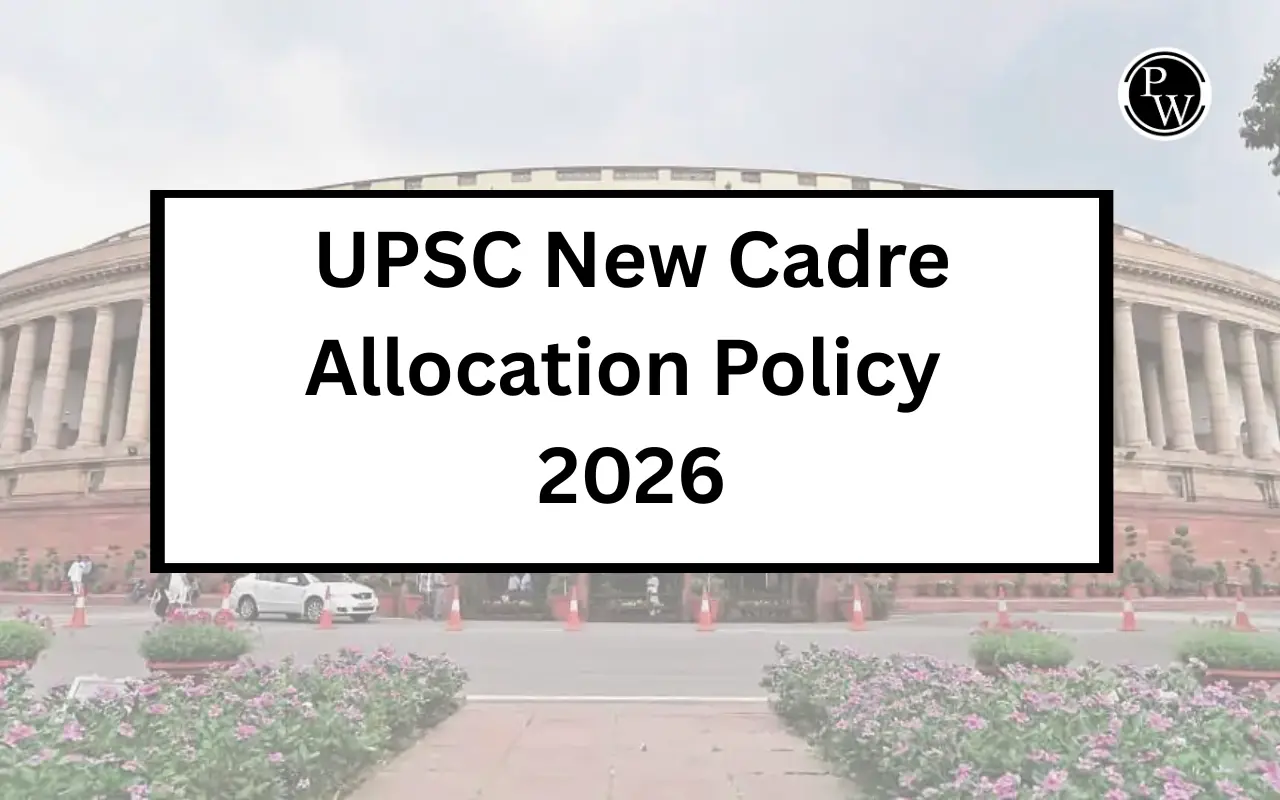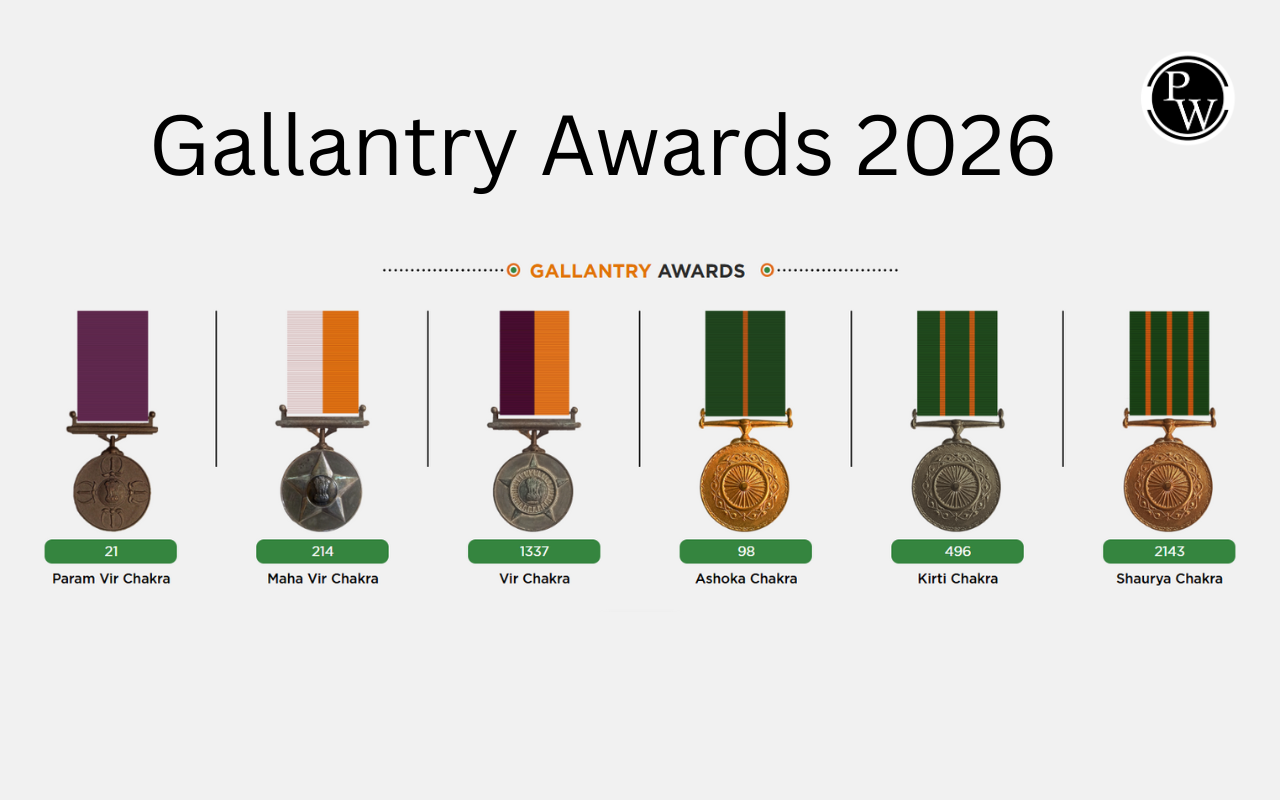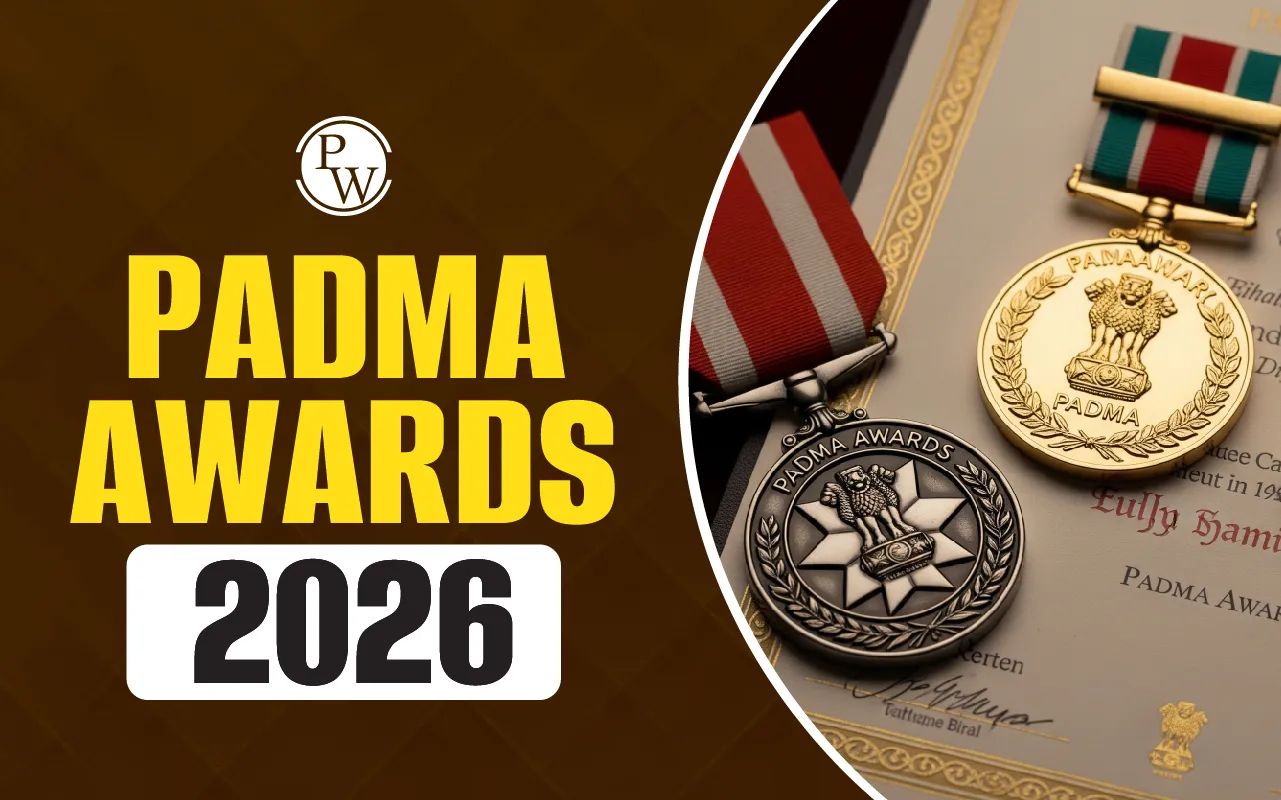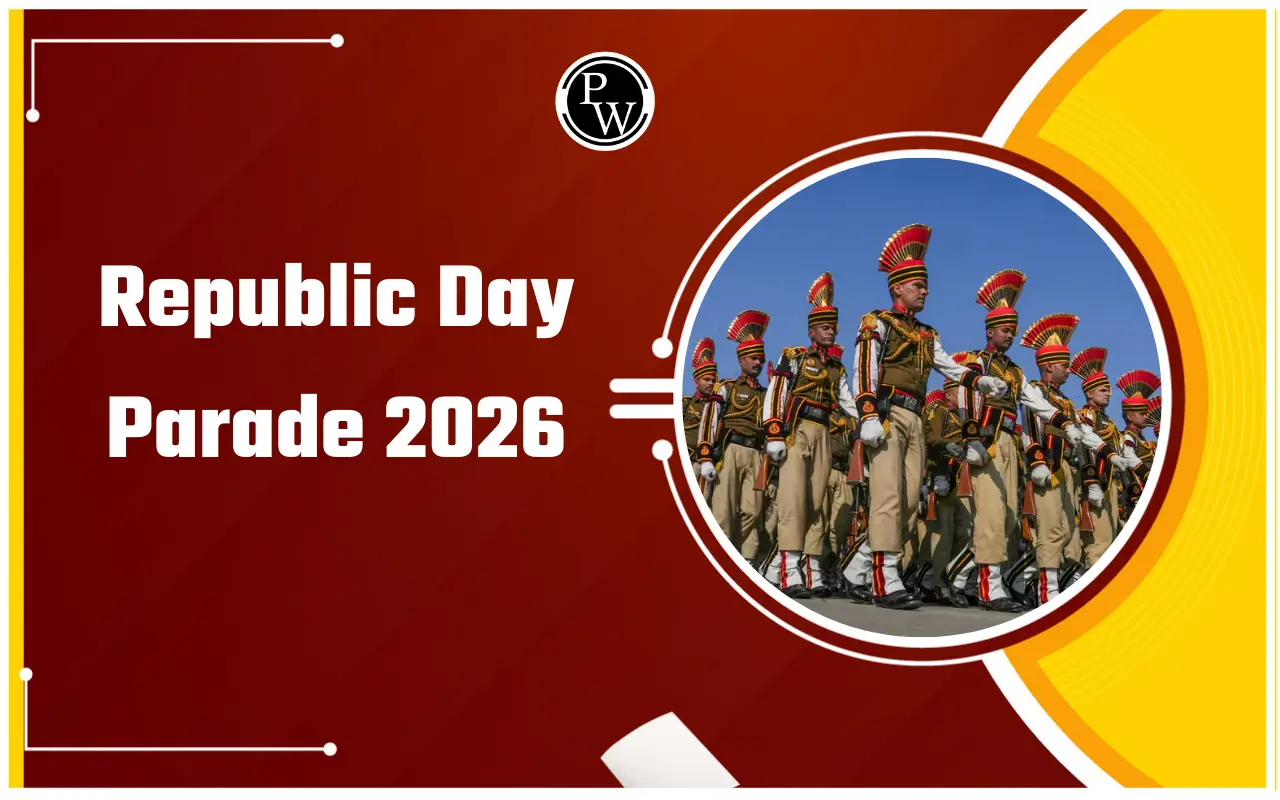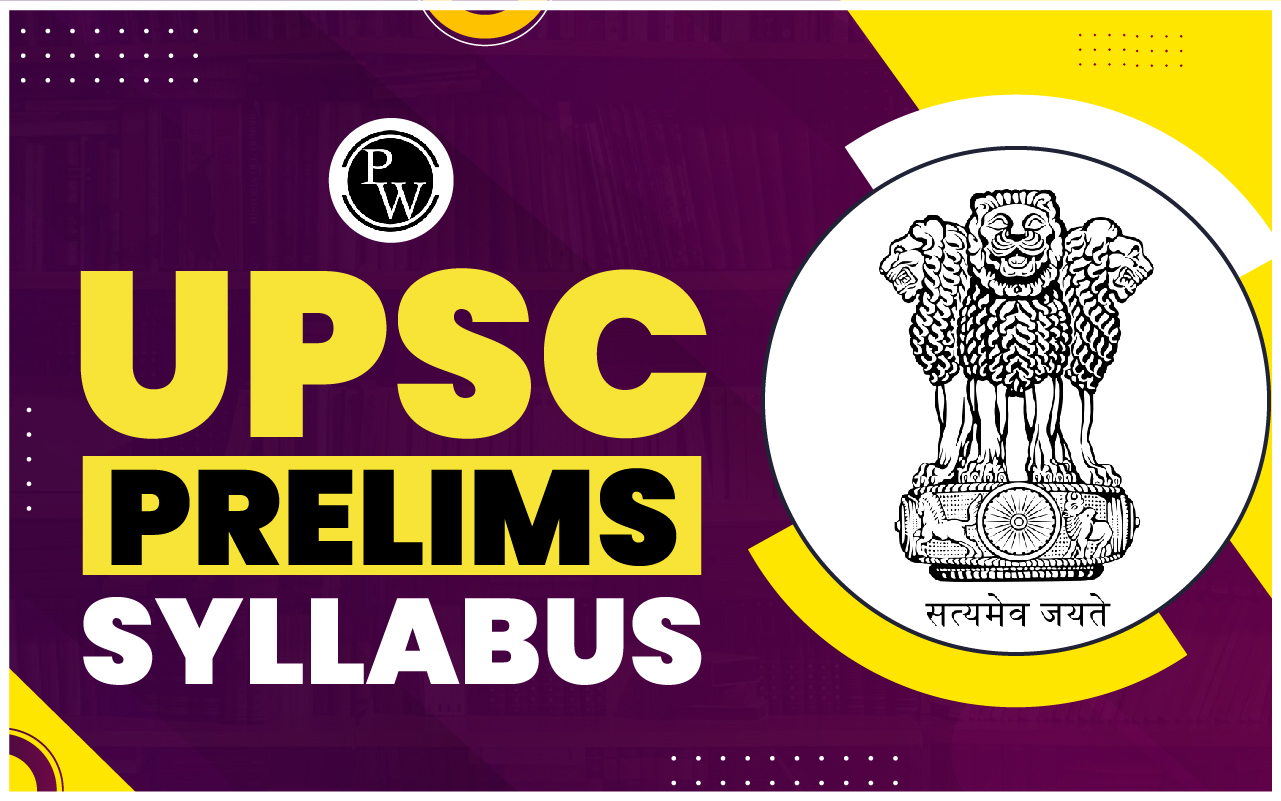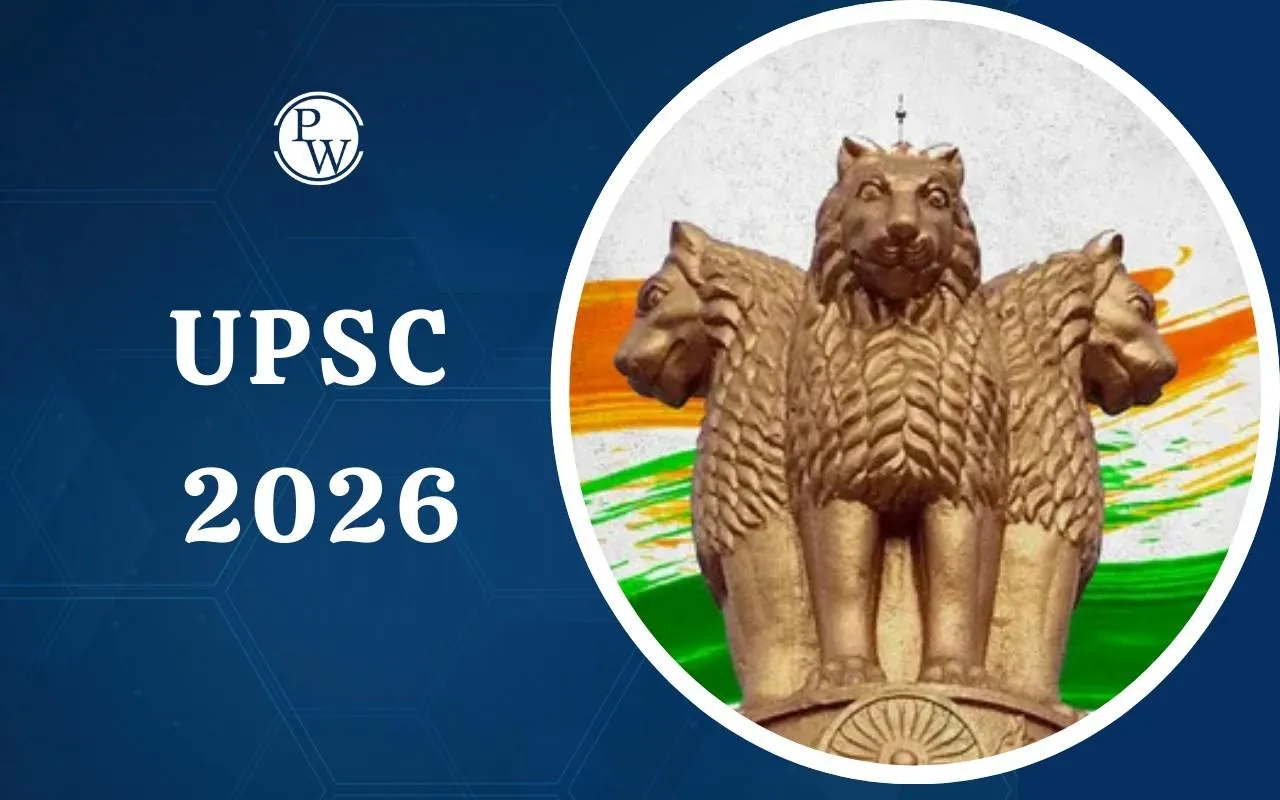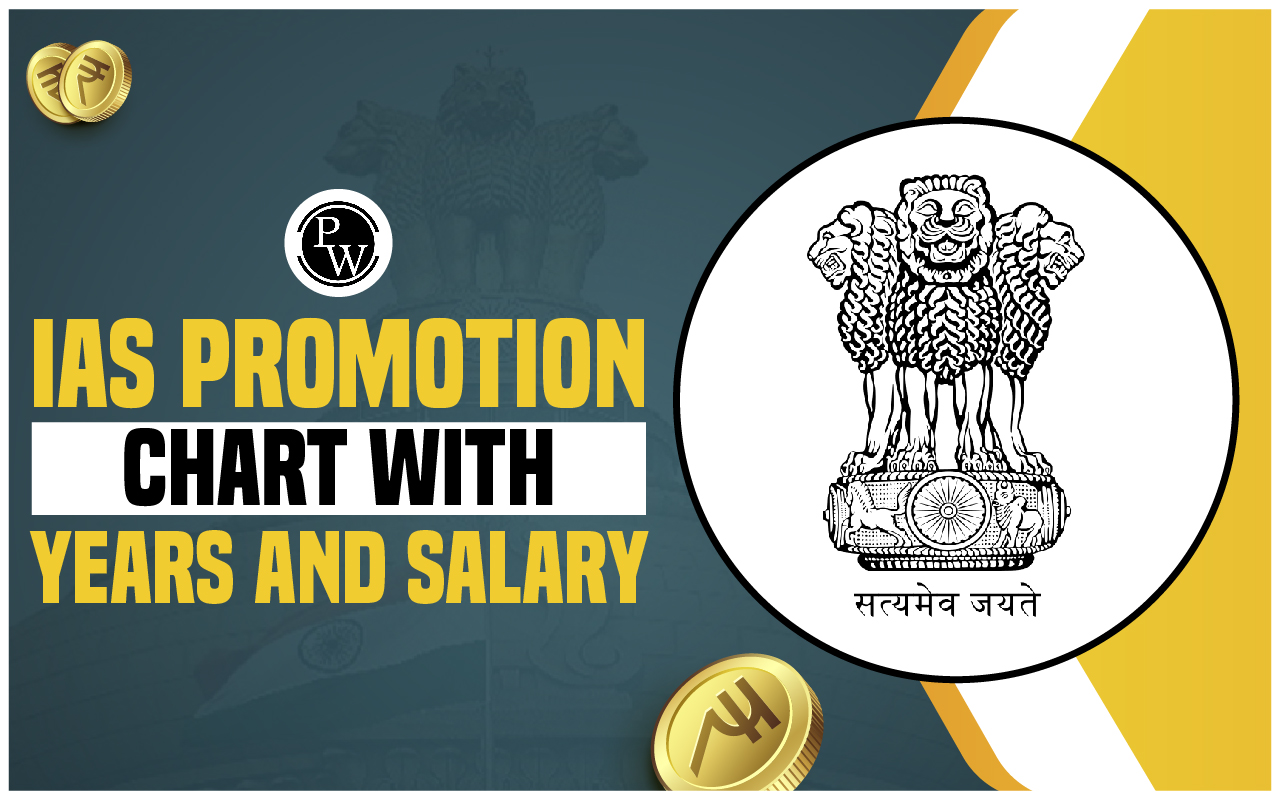
UPSC Mathematics optional Syllabus 2025: Making the right choice in selecting an optional subject can impact your preparation strategy and success in the exam. So, if you are considering Mathematics as your optional subject for the UPSC CSE Exam mains 2025, you must know all the essential details, including the UPSC Mathematics optional syllabus , pros & cons , and strategies regarding it.
The combined score of both Mathematics optional Paper I and Paper II contributes 500 out of 1750 marks in the Mains exam. Therefore, choosing an optional subject for the UPSC Main Examination is important as it contributes a significant portion of marks. Mathematics is a popular choice , but it's best suited for candidates with a background in the subject . Keep on reading this guide to get comprehensive information on the UPSC Mathematics Optional syllabus, preparation tips, recommended books, and much more.UPSC Mathematics Optional Syllabus 2025
UPSC Mathematics Optional Syllabus 2025 is divided into two papers, each carrying 250 marks. The UPSC Mains syllabus includes topics like linear algebra, calculus, geometry, algebra, analysis, differential equations, vector analysis, mechanics, and computer programming. Below is the UPSC Mathematics Optional Syllabus 2025 overview in the table:
|
UPSC Mathematics Optional Syllabus 2025 Overview |
||
|---|---|---|
|
Paper |
Section |
Major Topics Covered |
|
Paper 1 |
Section A |
Linear Algebra, Calculus, Analytic Geometry |
|
Section B |
Ordinary Differential Equations, Vector Analysis, Dynamics and Statics |
|
|
Paper 2 |
Section A |
Modern Algebra, Real Analysis, Complex Analysis, Linear Programming |
|
Section B |
Partial Differential Equations, Numerical Analysis & Computer Programming, Mechanics and Fluid Dynamics |
|
UPSC Mathematics Optional Syllabus 2025 Paper I
The UPSC Mathematics Optional Paper I syllabus covers topics such as linear algebra, calculus, analytical geometry, and ordinary differential equations. Candidates are assessed on their understanding of mathematical concepts and their ability to apply them in problem-solving. Here is the complete UPSC Syllabus 2025 for Maths Optional Paper 1:Paper I Syllabus Topic Wise List
|
UPSC Mathematics Optional Syllabus Paper I |
|
|
|
|
|
|
|
|
|
|
|
|
|
UPSC Mathematics Optional Syllabus 2025 Paper II
The UPSC Mathematics Optional Paper II syllabus includes algebra, real analysis, complex analysis, linear programming, and numerical analysis. Candidates are expected to demonstrate proficiency in advanced mathematical concepts and problem-solving techniques within these topics. Check out the complete syllabus from below:Paper II Syllabus Topic Wise List
| UPSC Mathematics Optional Syllabus Paper II | |
|
|
|
|
|
|
|
|
|
|
|
|
|
|
Pros and Cons of UPSC Mathematics Optional
Exploring Mathematics as an optional subject for UPSC exams presents both advantages and disadvantages. This section outlines the key benefits and drawbacks of selecting Mathematics as an optional subject.Some Major Pros of Opting Mathematics as an Optional
Considering Mathematics as an optional subject for UPSC has its own set of benefits. Here are some advantages:- High Scoring Potential: Mathematics offers a high-scoring potential due to its problem-solving nature and straightforward questions.
- Direct and Straightforward Questions: The questions in the Mathematics paper are generally direct and easy to understand, providing an advantage to candidates proficient in the subject.
- Static Subject: Unlike some humanities subjects, Mathematics is static and requires less reliance on current affairs knowledge.
- Competitive Advantage: Opting for Mathematics optional means you will face comparatively less competition from the majority of aspirants who choose conventional subjects. If studied well, It can increase the chances of success.
- Predictable Assessment: Assessment in Mathematics is based on objective solutions, making it easier to perform better.
- Help in CSAT: With rising difficulty level in CSAT other candidates are finding it difficult to crack CSAT but Candidates with a mathematics background have an advantage in tackling numerical and data interpretation-based questions efficiently. It thus can save a lot of time in preparing these topics additionally.
Cons of of Opting Mathematics as an Optional
While Mathematics has its advantages, it also comes with its share of challenges. Here are some disadvantages:- Minimal Overlap with General Studies: Mathematics optional requires separate preparation as it has minimal overlap with general studies papers.
- Time Consuming : The preparation of this subject requires thorough coverage of the syllabus and extensive practice which makes it time-consuming.
- No Marks for Attempting: Incorrect answers can lead to significant mark deductions, with partial credit being rare.
- Technical Nature: Mathematics is best suited for candidates with a background in Mathematics or engineering. It can be difficult for candidates who have no background or interest in Mathematics.
UPSC Mathematics Optional Exam Pattern 2025
The Mathematics Optional exam consists of two papers, Paper I and Paper II, each carrying 250 marks, making the total marks for the exam 500. Candidates are required to solve the questions within a time frame of 3 hours for each paper. The Question paper pattern is as follows:| UPSC Mathematics Optional Exam Pattern 2025 | |
| Particular | Details |
| Mains Paper | Paper VI and Paper VII |
| Subjects | Mathematics Optional Paper-I and Mathematics Optional Paper-II |
| Total Marks | 500 (250 Each) |
| Time allowed | 3 Hours for each paper |
| Sections | Section A and Section B |
| Questions | Total 8 questions with subparts |
| Marks Distribution | 10, 15, and 20 marker questions |
Success Rate of UPSC Mathematics Optional
Mathematics is often considered the toughest subject . However, its performance in the IAS exam has been mixed. While some toppers credit their success and high rank to choosing mathematics as an optional subject, others have received little good results . The table below illustrates the number of candidates who appeared with Mathematics as their optional subject.|
Success Rate of UPSC Mathematics Optional |
|||
| Year | No. of candidates appeared | No. of candidates cleared | Success rate (%) |
| 2019 | 539 | 45 | 8.3% |
| 2017 | 441 | 31 | 12 |
| 2015 | 258 | 31 | 12 |
| 2014 | 351 | 35 | 10 |
| 2013 | 329 | 20 | 6.1 |
| 2012 | 325 | 23 | 7.1 |
UPSC Mathematics Optional Toppers
Here is a list of top-ranking candidates who opted for Mathematics as their optional subject in the UPSC exam;| UPSC Mathematics Optional Toppers | |||
| Name | Year | AIR | Marks |
| Manav Agarwal | 2022 | 46 | 310 |
| Rahul Bansal | 2021 | 251 | 316 |
| Arth Jain | 2020 | 16 | 299 |
| Y. Megha Swaroop | 2020 | 30 | 305 |
| Ganesh Kumar Baskar | 2019 | 16 | 310 |
| Mayur Khandelwal | 2019 | 106 | 343 |
Some Recommended UPSC Mathematics Optional Books
To cover the UPSC Mathematics Optional syllabus effectively, candidates should refer to authoritative books and study materials. Here is the UPSC Mathematics Optional booklist
| Some Recommended UPSC Mathematics Optional Books | |
| Paper I | Paper II |
| Dynamics, Statics and Hydrostatics – M. Ray | Linear Programming & Theory of Games – SD Sharma |
| Differential Calculus – Shanti Narayan, PK Mittal | Algebra – K C Prasad, KB Datta |
| Analytic Geometry – Shanti Narayan, DK Jha, HC Sinha and Sharma | Complex Analysis – GK Ranganath |
| Linear Algebra – K.C. Prasad, K B Datta | Mechanics & Fluid Dynamics – Azaroff Leonid, AP Mathur, Mechanics by Krishna Series |
| Differential equations:- Golden series – NP Bali | Introductory Methods of Numerical Analysis – SS Sastry |
| Vector Analysis – Shanti Narayan, PK Mittal | Ordinary & Partial Differential Equation – M.D. Raisinghania |
| "Higher Algebra" by Hall & Knight | Real Analysis – H.L Royden |
| Statics Krishna Series, Dynamics by Krishna Series | |
UPSC Mathematics Optional Tips
Preparing for Mathematics Optional demands a systematic and focused approach. Here are some essential tips to guide your preparation:- Understand the syllabus thoroughly and prioritize topics based on weightage and your strengths.
- Build a strong foundation by referring to standard textbooks and study materials recommended by experts.
- Practice problem-solving regularly to improve speed and accuracy .
- Solve previous years' question papers and take mock tests to familiarize yourself with the exam pattern and time management.
- Revision is crucial. Make concise notes and revise regularly to retain key concepts.
- Practice theorem proofs well. Derive and prove from scratch. Examiners may ask for theorem proofs, especially in Paper II.
UPSC Maths Optional Syllabus 2025 FAQs
What is the success rate of Mathematics Optional UPSC?
Who got the highest marks in UPSC math optional?
Is Mathematics a good option for UPSC?
What level is required for Mathematics optional UPSC?
Can I cover the UPSC Mathematics Optional Syllabus in 6 months?


